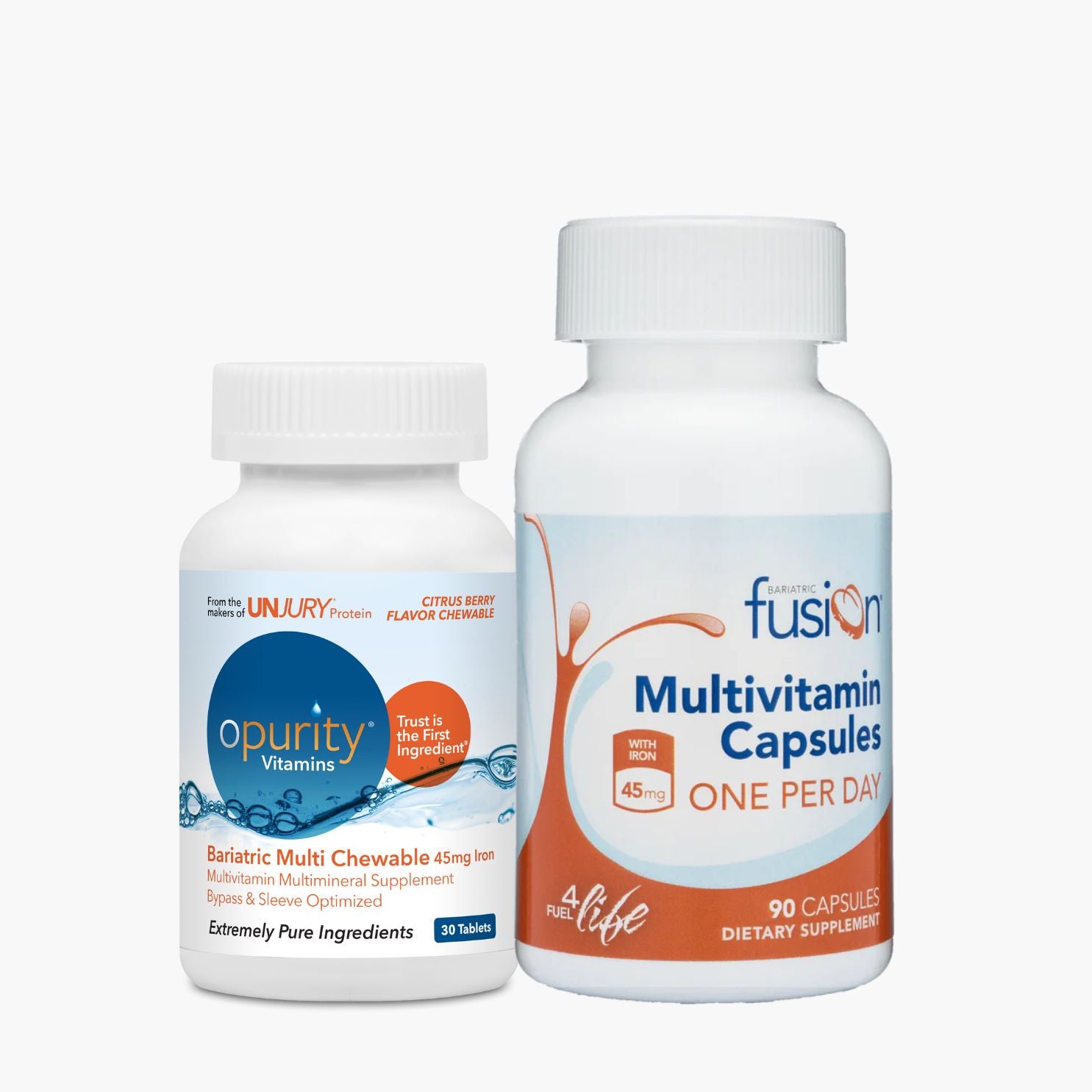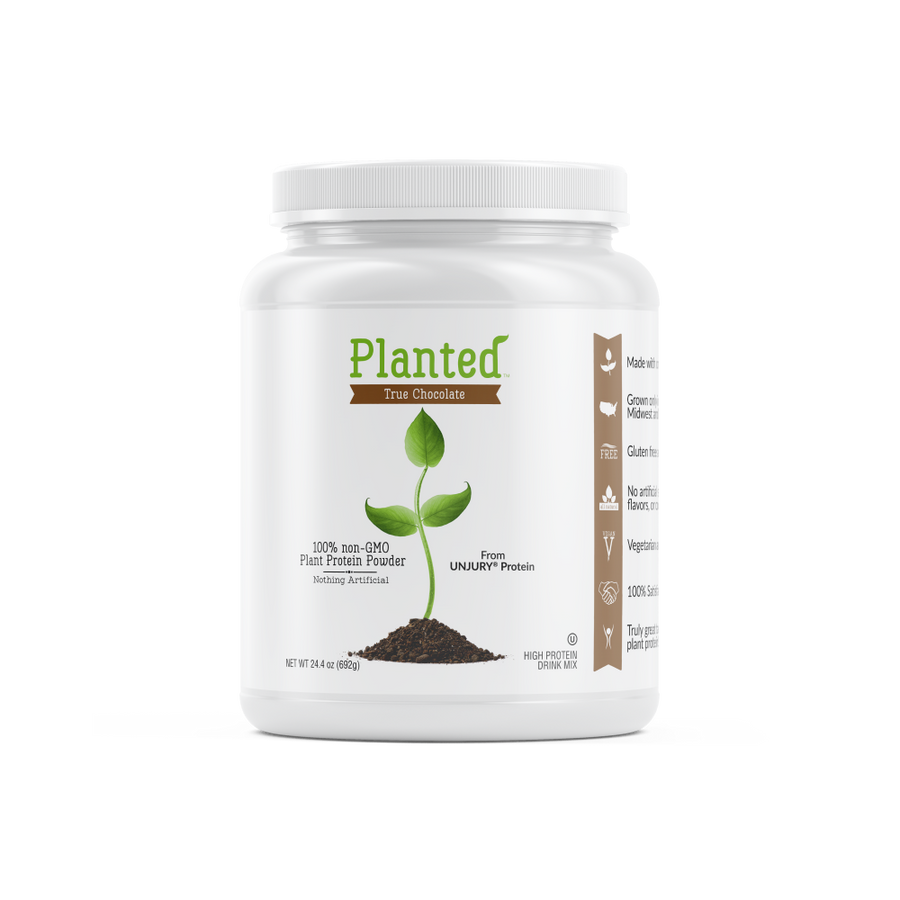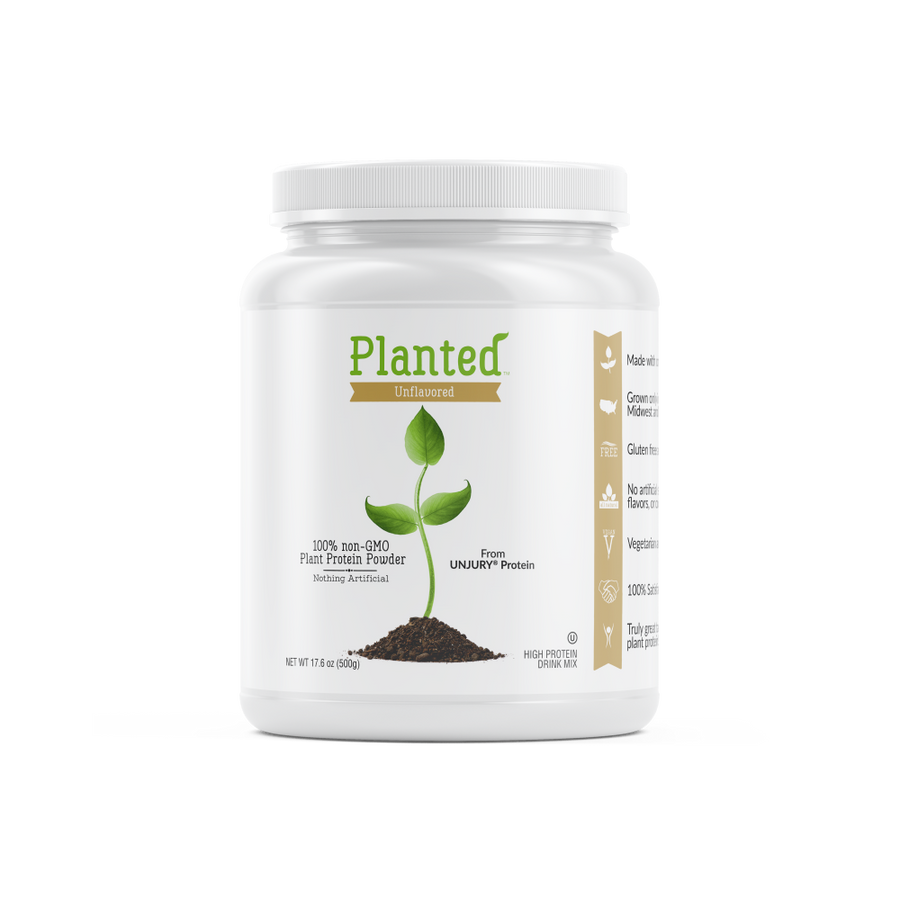Managing Acid Reflux: The Role of Protein
Acid reflux, a common digestive disorder, can cause discomfort and disrupt daily life. While many factors contribute to reflux, incorporating protein into your diet can offer relief. Let's explore how protein aids in managing acid reflux.
Understanding Acid Reflux
Acid reflux, also known as gastroesophageal reflux (GER), occurs when stomach acid flows back up into the esophagus. This can cause a burning sensation in the chest, known as heartburn.
When you experience frequent reflux, with symptoms like heartburn, indigestion, chest pain, difficulty swallowing, or regurgitation, it might indicate gastroesophageal reflux disease (GERD). GERD is diagnosed if these symptoms occur at least twice a week, disrupting daily life.
Acid Reflux Triggers
Several lifestyle habits and medical conditions can worsen symptoms of acid reflux. Here are some common factors to be aware of:
Dietary choices: Eating acidic or spicy foods, fatty foods, caffeine, chocolate, citrus fruits, fried foods, and tomatoes can trigger heartburn and acid reflux.
Lifestyle habits: Smoking, drinking alcohol, eating large meals, and lying down soon after eating can make reflux symptoms worse.
Obesity: Excess weight can put pressure on the stomach, leading to an increased risk of acid reflux.
Pregnancy: Hormonal changes and the pressure from the growing uterus can lead to acid reflux in expectant mothers.
Hiatal hernia: This condition where part of the stomach pushes up through the diaphragm contributes to acid reflux.
Medications: Some medications, like nonsteroidal anti-inflammatory drugs (NSAIDs), calcium channel blockers, and certain antidepressants, can relax the lower esophageal sphincter (LES), causing stomach acid to flow back into the esophagus.
Medical conditions: Health conditions such as gastroparesis, scleroderma, and diabetes can impact how quickly the stomach empties, raising the risk of acid reflux.
To address these triggers, consider making lifestyle changes, using over-the-counter (OTC) medications, antacids, and trying home remedies. If symptoms worsen or persist, consult a gastroenterologist for treatment options.
How Protein Helps Symptoms of Acid Reflux*
Protein plays a crucial role in managing acid reflux symptoms by influencing various aspects of digestion and overall health.*
Slowing digestion: Protein-rich foods take longer to digest, which can help slow down the emptying of the stomach. This delay reduces the likelihood of stomach contents and acid flowing back into the esophagus.1
Promoting satiety: Protein promotes feelings of fullness and satiety, which can prevent overeating and reduce the consumption of acidic or trigger foods that worsen reflux symptoms.*
Supporting muscle health: Adequate protein intake is essential for maintaining muscle mass. Stronger muscles around the lower esophageal sphincter (LES) can help prevent acid reflux by effectively closing off the stomach from the esophagus.1*
Best Protein Sources for Acid Reflux*
When selecting protein sources, prioritize lean, low-fat, or plant-based options.
Lean meats: Choose lean protein sources such as skinless poultry, fish, and lean cuts of beef or pork.
Eggs: Eggs are a versatile and nutritious protein option that can be enjoyed in various dishes.
Low-fat dairy: Opt for low-fat dairy options like Greek yogurt, cottage cheese, and skim milk.
Plant-based proteins: Incorporate plant-based sources of protein such as tofu, legumes, nuts, and seeds into your diet.
Protein supplements: Consider whey protein isolate, which undergoes thorough filtering, resulting in a high-quality protein isolate that is easily digestible and free from additional components. Another excellent option is plant-based protein supplements, which typically contain minimal fat and fewer potential trigger ingredients.*
Tips for Incorporating Protein into Your Diet
To optimize digestive health and alleviate reflux and heartburn symptoms, it's essential to prioritize protein intake throughout the day.
Prioritize protein at meals: Ensure that each meal contains a good source of protein to support your digestive system and reduce reflux symptoms.*
Choose lean protein sources: When choosing protein sources, opt for lean cuts of meat and low-fat dairy products to reduce fat intake, which can worsen acid reflux symptoms.
Spread protein intake throughout the day: Include protein-rich snacks or shakes between meals to keep you feeling full and stabilize your blood sugar levels throughout the day.*
Summary
Incorporating protein into your diet can be an effective strategy for managing acid reflux and promoting digestive health. By choosing lean protein sources and prioritizing protein-rich meals, you can alleviate reflux symptoms and enjoy improved overall well-being.
For personalized dietary guidance tailored to your individual needs and health goals, it's advisable to consult with a healthcare professional or registered dietitian.
References
1. Herdiana Y. Nutrients. 2023;15(16):3583.
*These statements have not been evaluated by the Food and Drug Administration (FDA). These products are not intended to diagnose, treat, cure, or prevent any disease.
This blog is for information and education purposes only. This information is not intended to substitute professional medical advice, diagnosis, or treatment. Please consult with a qualified healthcare provider with any questions in regard to a medical condition. A qualified healthcare professional can best assist you in deciding whether a dietary supplement is suitable based on your individual needs.













